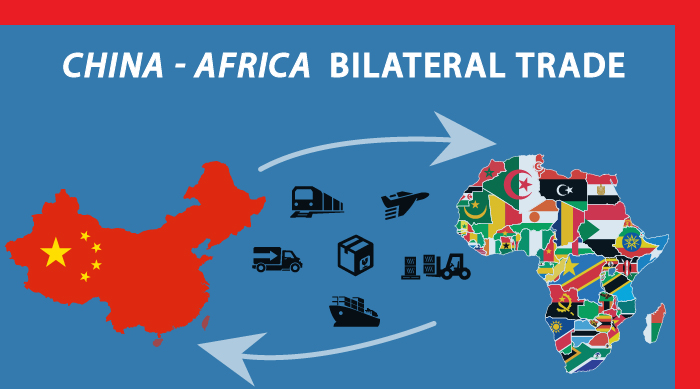Apart from its health benefits, Sports can play an important role in a safer, more prosperous, and more peaceful society, through its educational values and worldwide network.
Though the positive effects of sports on African development are not yet fully exploited, sports can be used to bridge cultural and ethnic divides.
There are many benefits to sports which cost jobs and business creations, promote tolerance and non -discrimination, reinforce social integration, and advocate healthy lifestyles.
Through the development of sports, we can achieve wider human development goals.
Though sports development in Africa can not be the only means of solving all issues in the continent, or a priority compared to the life subsistence needs of disadvantaged communities, it can generate many positive effects and be a valuable tool for development.
As common as it may be, sports are seen as a powerful tool for achieving goals.
Like the Late South African President, Nelson Mandela once said, “Sports has the power to inspire—and it has the power to unite people in a way that little else does…sports can create hope where once there was only despair. It is more powerful than government in breaking down racial barriers”.
This is true and could be seen when Kenya won the World Rugby Sevens Series in Singapore, the team was given a VIP reception when they arrived home, and this occasion united Kenyans to celebrate a great national achievement.
Most African governments, if not all, have not sufficiently appreciated the importance of sports. That is why they have not integrated it into their national development plans, as it no doubt, plays a critical role in attaining peace, development, and stability.
Though the continent has emerging economic powers that can perform well in an international sporting state, it lacks organizations and businesses to manufacture or produce sports equipment and sports construction materials for both African and international markets.
The production of such equipment is another means of attaining a level of development but the continent’s governments have continued to ignore this aspect.
Integrating sports into the national development agenda would be seen as a bold step in developing the sports industry in the continent as it would enable it to catalyze increased productivity and performance to improve the living standards of the people.
Despite its importance, Africa’s sports sector has jas been left underdeveloped and underfunded.
The sector has suffered from scandal, corruption, and marginalization. And there are many factors as to why it had been so. One of which is unfavourable government policies
Some African countries have sports policies but the majority are fragmented and uncoordinated.
Moreover, the ministries in charge of sports are often sandwiched with other ministries. The ministries or departments in charge of sports suffer from underfunding and are unable to support priority activities, let alone establish and enforce policies.
For example, the challenges of sports development in Ghana are a result of the fact that activities are limited since they are held once a year.
The athletes at the end of the competition go back to their region and village to wait a year or two for another regional event, making it difficult to develop new talent.
Again, Sports stands for good governance, respect for the rules, fair play, honesty, and discipline. Yet African sports ministries suffer from poor governance.
Managers are not trained professionals in the areas of sports management and administration. Given this and other factors, many African countries feature prominently on the International Corruption Perception Index; mostly in football.
One of the hindrances to African sports is corruption. For instance, there are substantial sums of money, coming from various sponsors and FIFA development projects, which have disappeared into people’s pockets while most African sports facilities remain in appalling condition.
African governments are not interested in investing in sports, that is why most existing sports facilities in Africa are in very poor condition and they will need extremely heavy investment to bring them back to international standards.
Like in Kenya, with the devolved government system, there is a lot of effort by the governments to upgrade the existing facilities to promote, among other things, sports tourism.
In the case of South Africa, the planning of South African townships does not allow or have spaces for recreational facilities. The schools within the townships and rural areas have no sports facilities, unlike those in the rich suburbs in major cities or towns in South Africa.
In all, African governments and leaders need to see sports as a means of developing the continent and work with feasible policies that would bring this to reality.


